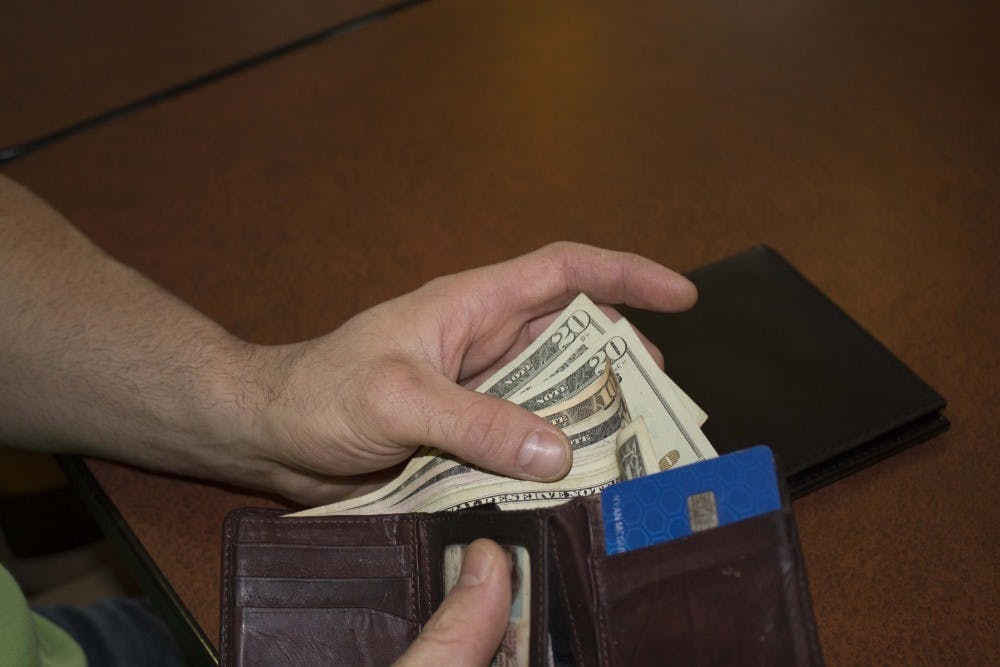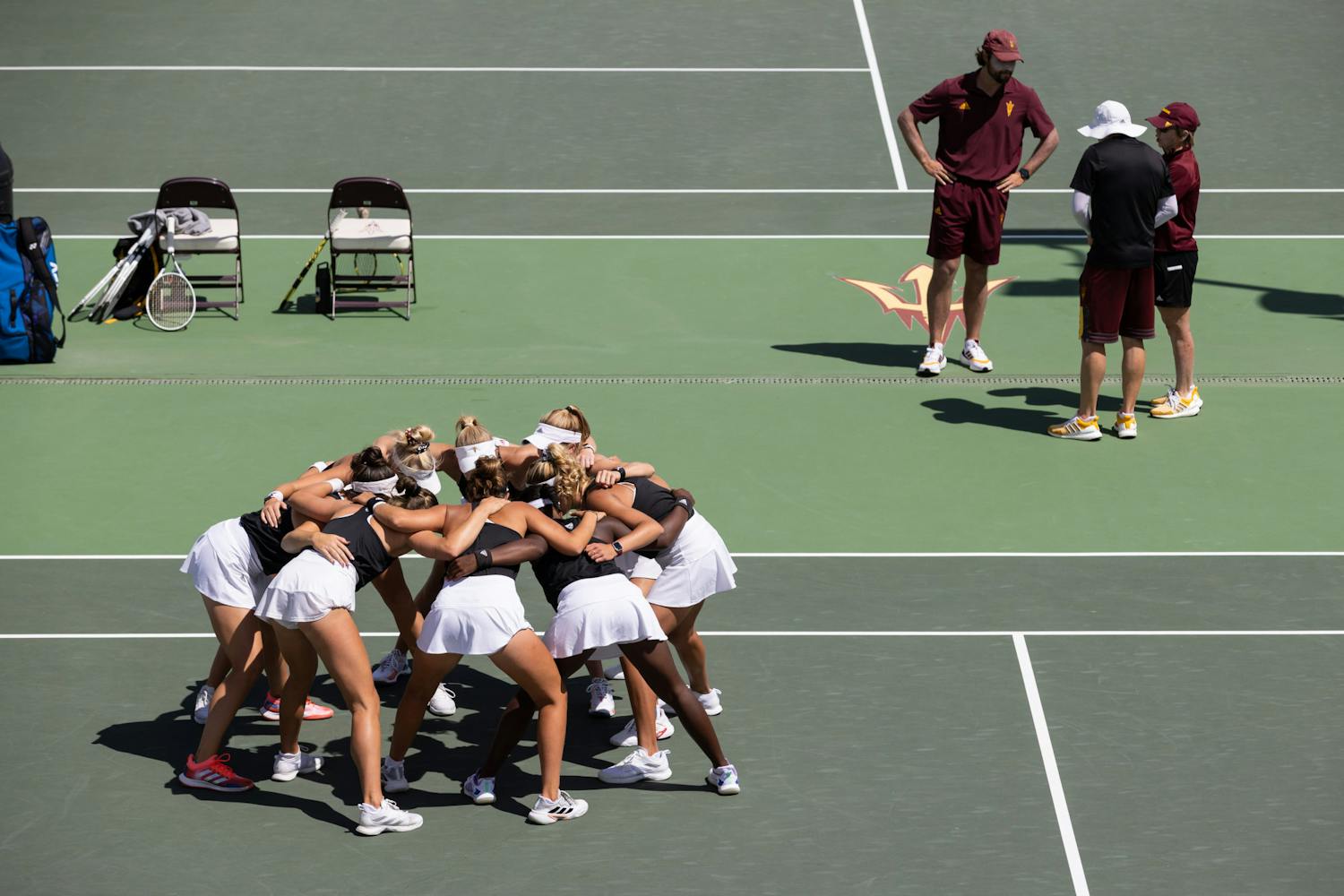A lovely evening of drinks and conversation can plummet to an awkward halt when the check arrives. The waiter delivers the black leather folder that demands your attention as you and your date stumble to find the words you are both thinking — who is going to pay? Are you going to split the check?
First dates are hard enough, even without considering the technicalities of who is expected to pay.
Although women are in control of their finances now more than ever, a study found that “39 percent (of women) wished men would reject their offers to pay, and 44 percent of women were bothered when men expected women to help pay (for dates).”
The expectation of men to pay for dates is an antiquated and unreasonable practice that has implications ranging from traditional gender roles to ethical values to simple economics.
The average cost of a movie for two is around $15, and the average cost of dinner for two is around $30. Over six months, going out once a week adds up to $1170. Putting this financial pressure on only one person, especially during dating stage, can have negative effects further down the road.
According to the same study cited previously, a survey collected on 21 campuses revealed that "among heterosexuals 63 percent said that on a 'recent date' the man had paid, 19 percent said they both paid, 16 percent said no money was spent, and 2 percent said the woman treated.”
The issue of who's paying for dates, however, isn’t just an issue of money. It is an ethical one as well.
According to Kristin Mickelson, director of the M.S. Psychology Program at ASU, whether a guy will offer to pay for a date depends on the individual and how they were raised, though some may feel less of a male if they can’t pay for it.
Although today our society seems to be more progressive regarding gender roles, the same study has found that “gender equality in terms of how romantic relationships are organized has been particularly stagnant.” However, men’s historical stereotype of the “male-provider” or "breadwinner” is no longer true nor valid, so why are men still expected to pay?
“Paying for woman goes back to the belief that women should be cherished, protected and put up on a pedestal,” Mickelson said, noting that the idea also goes back traditional gender roles and benevolent sexism.
“The difference between benevolent sexism and chivalry is that chivalry is a nicer word for it,” Mickelson said.
Trevor Freund, a junior studying nursing at ASU, said that men feel obligated to pay not because it is a power struggle or masculinity issue, but because of tradition.
“Whoever asks the other person out on the date should be the one to pay,” Freund said.
There should not be any expectation, whether financial or physical, when people go on first dates – even if it goes against societal norms.
According to a study in the Journal of Interpersonal Violence, "sexual social exchange theory, (the idea that) female sexuality is assumed to have exchange value (such as for money, support, protection), can be applied to the traditional Western dating situation in which the man initiates and pays for the date while the woman reciprocates with appreciation, including sexual favors."
“This theory suggests that a man’s sexual coercion may appear relatively more understandable in dating situations in which he feels he is ‘owed’ something for his contribution — similarly, a woman who has accepted his offerings may be perceived as ‘owing’ him something as well,” the study noted.
Splitting the check reduces expectations from either side of the table – financial for men and sexual for women.
According to US News, experts have established three general guidelines to help with the financial aspects of dating. However, to avoid an awkward moment and unnecessary expectations on dates, always offer with the intention of paying or splitting the check evenly.
Reach the reporter at hehillst@asu.edu or follow @hollyhillsten on Twitter.
Editor’s note: The opinions presented in this column are the author’s and do not imply any endorsement from The State Press or its editors.
Want to join the conversation? Send an email to opiniondesk.statepress@gmail.com. Keep letters under 300 words and be sure to include your university affiliation. Anonymity will not be granted.
Like The State Press on Facebook and follow @statepress on Twitter.




